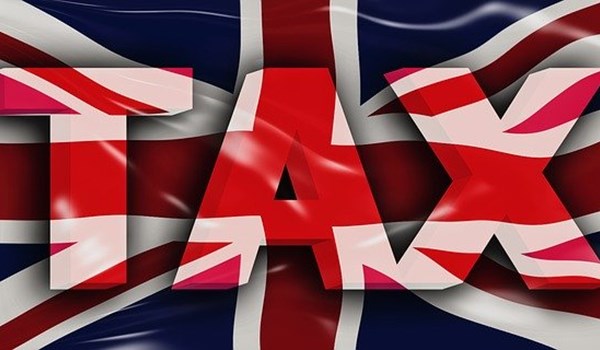Jurisdictions
Regions
Industry Sectors
19/08/22
UK: IHT receipts up £0.3bn, HMRC figures reveal.

As published on professionaladviser.com, Friday 19 August, 2022.
Inheritance tax (IHT) receipts for April 2022 to July 2022 were £2.4bn, which is £0.3bn higher than in the same period a year earlier, latest data from HM Revenue & Customs (HMRC) revealed.
The government data also showed receipts in April 2019 were particularly high.
HMRC said it reflected announcements of rises to probate fees in England and Wales in November 2018 and is likely to have caused executors to bring forward tax payments to avoid the prospect of higher fees.
Due to a temporary issue with HMRC in relation to Covid-19, cheques for payment of IHT could not be accepted, which caused IHT receipts to be lower in April and May 2020. The peak in June 2020 came after the issue had been resolved.
HMRC also said that the higher receipts in October 2020 to November 2020, March to August 2021 and record highs in March 2022 were assumed to be due to higher volumes of wealth transfers that took place during the Covid-19 pandemic, recent rises in asset values and the government's decision, in March 2021, to maintain the IHT tax free thresholds at their 2020 to 2021 levels up to and including 2025 to 2026.
The record high receipts in June 2022 can be attributed to a small number of higher-value payments than usual, the HMRC said.
Stephen Lowe, group communications director at retirement specialist Just Group, said: "After a record-breaking opening quarter to 2022/23, frozen tax thresholds and property price increases continue to deliver bumper inheritance tax receipts for the Treasury compared with previous years.
"The Nil Rate Bands - the size of the estate that can be left without paying any inheritance tax - are set to remain frozen until 2026 and with even modest rises in property values, we can expect a higher proportion of estates to add to this growing source of revenue for the Treasury.
Shaun Moore, tax and financial planning expert at Quilter said: "Month on month increases have been a mainstay of this data set for a while showing the government is continuing to gradually increase tax revenues without significantly increasing the burden on tax payers.
"Part of the reason for this is that that property prices have increased so much that more and more are getting caught by the IHT net because Nil Rate Band and the Residence Nil Rate Band will remain frozen until 2026.
"No longer is IHT the preserve of the rich and many estates are having to pay the tax simply because of their property wealth, this is particularly evident in the southeast. The average house price across the whole of the UK is only around £40,000 below the Nil Rate Band.
"Although house price data shows that a long awaited slowdown in property prices might be on the cards in the near future due to a lack of housing stock in the UK property prices may remain high simply because of the laws of supply and demand."
Lowe said: "As more estates trip into the Inheritance Tax threshold, it becomes increasingly important for people to assess the full value of their entire estate and seek help on how the tax rules apply to them.
"For some people, options such as lifetime mortgages can unlock a portion of the wealth tied up in bricks and mortar. Passing on this wealth through ‘living inheritances' allows people to see the benefit for recipients and it can also help minimise the inheritance tax payable on their estates.
"Professional, regulated advice can provide invaluable help for people in working out how to manage their finances in later life, including how the value tied up in their property may impact their estate planning."



